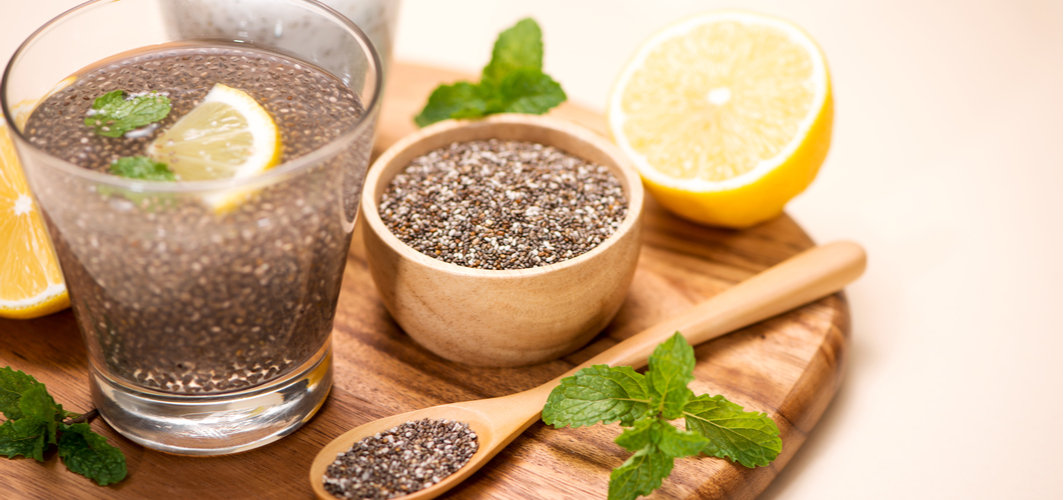- Home
- Blog
- Ayurvedic Medicine
Top 10 Health Benefits of Amla
Ayurvedic Medicine
Top 10 Health Benefits of Amla
By Apollo Pharmacy, Published on- 02 February 2022, Updated on -17 November 2022
Share this article
0
65 likes

Amla, also known as Indian gooseberry, is known for its use in Ayurvedic medicine for thousands of years in treating and preventing diseases. Amla berries are rich in antioxidants, vitamins, amino acids, minerals, polyphenols, and dietary fiber. Incorporating this super fruit into the diet in fresh or dried forms can work wonders for the skin, hair and overall health.
Health benefits of amla
Amla is low in sugar and high in vitamin A, vitamin C, vitamin E, iron, and calcium. Due to its rich nutritional value, it is known to offer the following benefits:
- Boosts immunity: Amla is rich in vitamin C which helps strengthen immune functions. Vitamin C is an antioxidant that decreases cell damage and reduces inflammation. It also helps develop protective antibodies and immune cells that kill pathogens.
- Lowers blood sugar levels: The mineral chromium present in amla can help in the management of diabetes. Chromium aids in lowering blood sugar levels by increasing insulin sensitivity.
- Improves mental health: Phytonutrients present in amla help fight free radicals that can damage brain cells. Amla also contains high amounts of antioxidants that can improve brain function and memory.
- Nourishes hair: Amla is packed with vitamin C, amino acids, tannins, and essential fatty acids that nourish the hair. Amla oil can help strengthen the hair follicles and prevent the accumulation of dandruff. It also acts as a natural hair conditioner, stimulates hair growth, and prevents premature greying of hair.
- Maintains healthy skin: Amla is considered the best anti-aging fruit. It contains high amounts of collagen protein that makes the skin firm and soft. The antioxidants in amla can help reduce wrinkles and prevent premature aging of the skin.
- Improves digestive health: Amla is a great source of fiber that helps regulate bowel movements and alleviate digestive problems such as constipation or diarrhea. It also stimulates the production of gastric juices, speeding up digestion and absorption of food which, in turn, can help prevent acidity.
- Benefits the eyes: Consumption of amla is known to improve overall eye health and reduce the risk of developing a cataract, glaucoma, and age-related macular degeneration. Amla is also known to prevent conjunctivitis.
- Improves heart health: Vitamin C content in amla is great for heart health. Amla is known to reduce several risk factors for heart disease such as high levels of triglycerides, LDL (bad) cholesterol, and high blood pressure. It protects against oxidative damage linked to heart injury, reduces inflammation associated with heart disease, and prevents the formation of blood clots that can cause heart attack and stroke.
- Strengthens the bones: Amla is rich in calcium which is vital to building and maintaining strong bones. The anti-inflammatory properties of amla can help reduce inflammation, and relieve pain and swelling in the joints associated with arthritis. Amla is also used in the treatment of bone diseases like osteoporosis.
- Helps manage iron deficiency anemia: Amla is rich in iron which helps increase the red blood cell count and hemoglobin levels in the body.
Although amla has numerous health benefits, it can cause thinning of the blood and prevent normal clotting. Hence, people having blood disorders or taking blood-thinning medications should consult a doctor before consuming amla. Also, one should avoid amla before surgery to reduce the risk of bleeding. While amla helps lower blood sugar, regular consumption may increase the risk of hypoglycemia (low blood sugar).
How is amla used?
Amla is consumed raw or in the form of amla juice. However, they are often pickled or candied in syrup. Amla supplements are available as amla fruit powder or powder-filled capsules. Amla powder can also be used to prepare tea or can be added to drinks and smoothies. The fruits are also used in hair and skincare products due to their vitamin C content and antioxidant properties.
Conclusion
Amla berries are low-calorie, nutritious fruits rich in antioxidants, vitamins and minerals. Their health benefits include boosting immunity, reducing inflammation, lowering blood sugar, and improving memory. However, amla can also cause side effects in people with blood disorders.
Services
Ayurvedic Medicine
Leave Comment
Services
Subscribe
Sign up for our free Health Library Daily Newsletter
Get doctor-approved health tips, news, and more.


